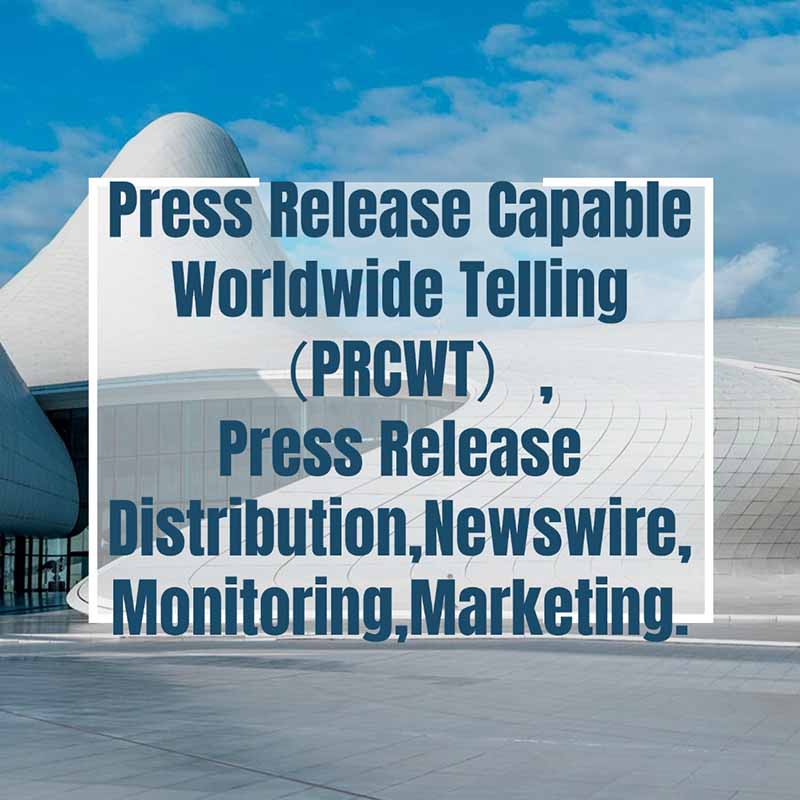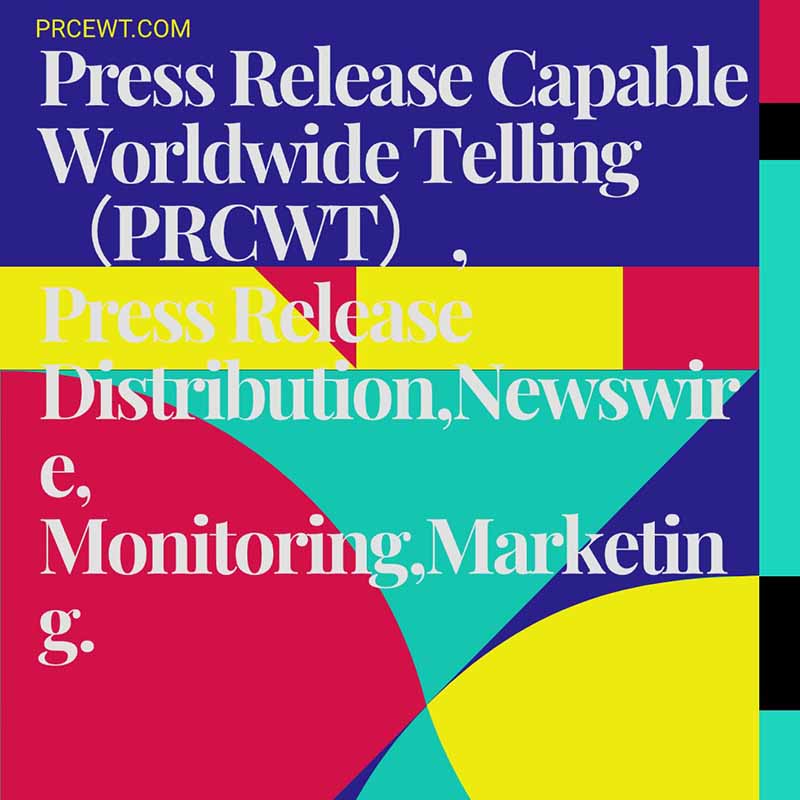In today's highly competitive marketplace, brands are no longer just about products or services. They are stories that connect with consumers on an emotional level. A brand's story has the power to create a sense of loyalty, build trust, and drive business growth. In this article, we will explore the importance of brand stories and how they can be used to transform businesses.
According to a recent survey by Forbes, 83% of consumers say they are more likely to buy from a brand they can connect with on an emotional level. This shows the significance of building a strong brand story that resonates with customers. A good brand story should be unique, authentic, and relevant to the target audience. It should also be told in a way that is engaging and memorable.
One of the key elements of a successful brand story is the brand's mission and values. A clear understanding of what the brand stands for and what it aims to achieve can help to create a sense of purpose and direction. This, in turn, can attract like-minded customers and build a loyal following. For example, Patagonia's mission is to "build the best product, cause no unnecessary harm, use business to inspire and implement solutions to the environmental crisis." This mission statement has helped to position the brand as a leader in sustainable fashion and has attracted a large following of environmentally conscious consumers.

Another important aspect of a brand story is the brand's personality. A brand's personality is the set of characteristics and traits that it projects to the world. It can be fun, serious, trendy, or traditional, depending on the brand's target audience and marketing strategy. A brand's personality should be consistent across all touchpoints, including its website, social media, advertising, and packaging. For example, Coca-Cola's personality is fun, friendly, and approachable. This personality is reflected in its advertising campaigns, which often feature happy people enjoying a cold Coca-Cola.

In addition to mission, values, and personality, a brand story should also include a call to action. A call to action is a statement that encourages the audience to take a specific action, such as buying a product, following a brand on social media, or subscribing to a newsletter. A strong call to action can help to drive conversions and increase brand awareness. For example, Nike's call to action on its website is "Just Do It." This simple statement encourages customers to take action and pursue their fitness goals.
To create a successful brand story, it is important to start with a deep understanding of the brand's target audience. This includes their needs, wants, values, and pain points. By understanding the audience, brands can create a story that speaks to them on a personal level and resonates with their emotions. For example, Apple's target audience is often young, tech-savvy consumers who value innovation and design. Apple's brand story emphasizes these values and positions the brand as a leader in the technology industry.
Once the target audience has been identified, it is important to conduct research to understand the market and the competition. This includes analyzing the competition's brand stories, identifying their strengths and weaknesses, and finding opportunities to differentiate the brand. For example, if a brand is competing in a crowded market, it may need to find a unique angle or value proposition to stand out from the crowd.
In conclusion, brand stories are a powerful tool for businesses looking to connect with consumers on an emotional level and drive business growth. By understanding the importance of brand stories and how to create them, brands can build a loyal following, increase brand awareness, and drive conversions. In today's digital age, where consumers are bombarded with information and advertisements, a strong brand story can help to cut through the noise and make a brand stand out.